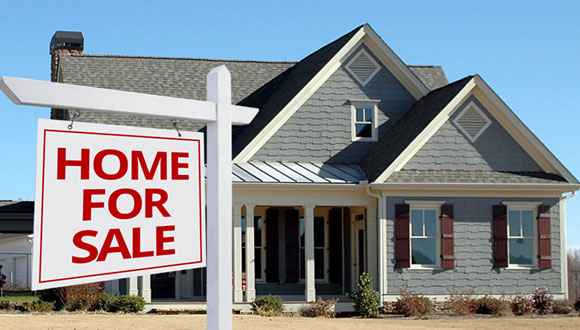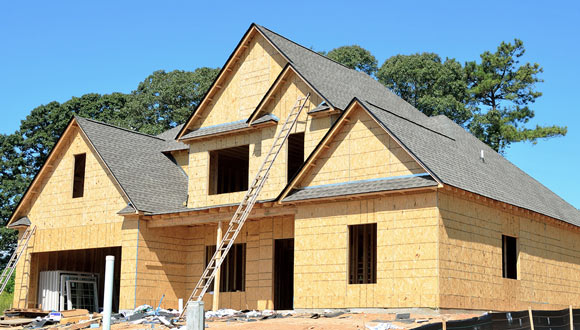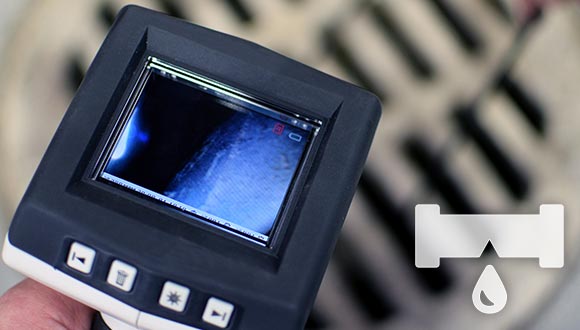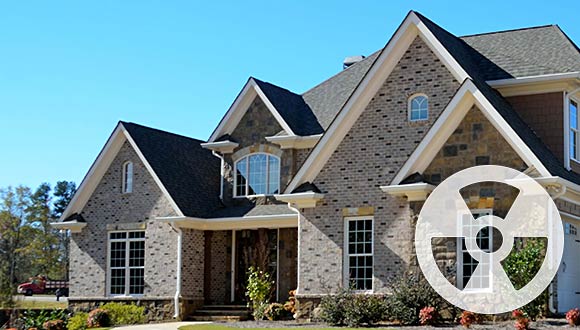Are you looking for a full home inspection or something more specific? I have you covered with inspection services ranging from standard home inspections to new contruction inspections, sewer scope inspections, water quality testing, and testing for radon gas. Gain greater peace of mind and clarity when buying a home, or ensure a smooth transaction with maximum return when selling your home.

Purchasing a new home also means buying that home's problems. With a pre-purchase home inspection you can see exactly what you're buying. Problems discovered during the inspection could allow you to renegotiate to offset the costs of repairs — potentially saving you thousands of dollars. I'll even help you become familiar with the property.

Sometimes selling your home can be just as much of a roller coaster as buying one. Getting a pre-listing home inspection can help ensure a quick and smooth transaction. You can enter the selling process with confidence that there won't be any nasty surprises. You'll also avoid delays, which could last for weeks or even months.

Unfortunately, new does not always mean perfect. In fact, new doesn't even guarantee good. Material defects and human error during the construction process can lead to expensive problems later on. A new construction home inspection can help identify these problems early, when they're cheaper to fix. Some issues may even be covered under warranty.

A sewer scope inspection is a video inspection of the sewer line leading from the house to the sewer system or septic tank. I'll check for obstructions, damage, or other issues such as root penetration, holes or cracks, pipe separation, and more. Some issues may not be affecting performance yet but could cause failure later as the problem worsens over time.

Radon is a naturally produced, radioactive gas — and the second leading cause of lung cancer, behind cigarettes. Radon gas can enter your home through the foundation and collect in the basement. A radon test will help to protect your family by checking for hazardous concentrations. If levels are too high, then a radon mitigation system should be installed.

Water quality testing is important to verify that the water in your home is not tainted by any dangerous or offensive contaminants such as certain strains of bacteria, lead, nitrates/nitrites, other heavy metals such as arsenic, and more. Water quality tests should be performed regardless of whether the water comes from a public source or a private well.
Check faucets and showers, looking for visible leaks as well as testing water pressure. Identify the types of pipes used, if visible. Identify the location of the main water shutoff valve.
Identify the type of wiring, test all outlets and make sure there are GFCIs installed where needed to protect from electrical shock. Inspect the electrical panel for safety issues and fire hazards.
Determine the age of the furnace and air conditioner, whether or not they function properly, and possibly recommend repairs or maintenance.
Determine the age of the water heater and check for proper installation. I can also determine the condition and possibly give an estimated remaining life span of the unit.
Check for proper ventilation. A poorly ventilated dryer exhaust can be a serious fire hazard.
Test smoke detectors and ensure that the garage wall, if present, has the proper fire rating and is undamaged. Also check the fireplace for proper installation and maintenance.
Check for visible leaks, properly secured toilets, proper ventilation to prevent moisture related issues, and more.
If possible, check for structural damage and proper ventilation. Also check insulation and ensure that nothing is ventilated directly into the attic, such as the bathroom.
Check for damaged or missing siding, cracks, and excessive soil contact which can be an invitation for pests.
Check for possible foundation failure, indicated by cracks or settling.
Check to ensure that the ground slopes away from the house, which prevents water from entering the house or causing damage to the foundation.
If accessible and visible, check for roof damage or poor installation that may allow for water penetration as well as checking the condition of the gutters.
Test the garage door for proper functionality, check for proper ventilation to prevent carbon monoxide poisoning, and check for risks of explosion from ignition sources too close to the floor.